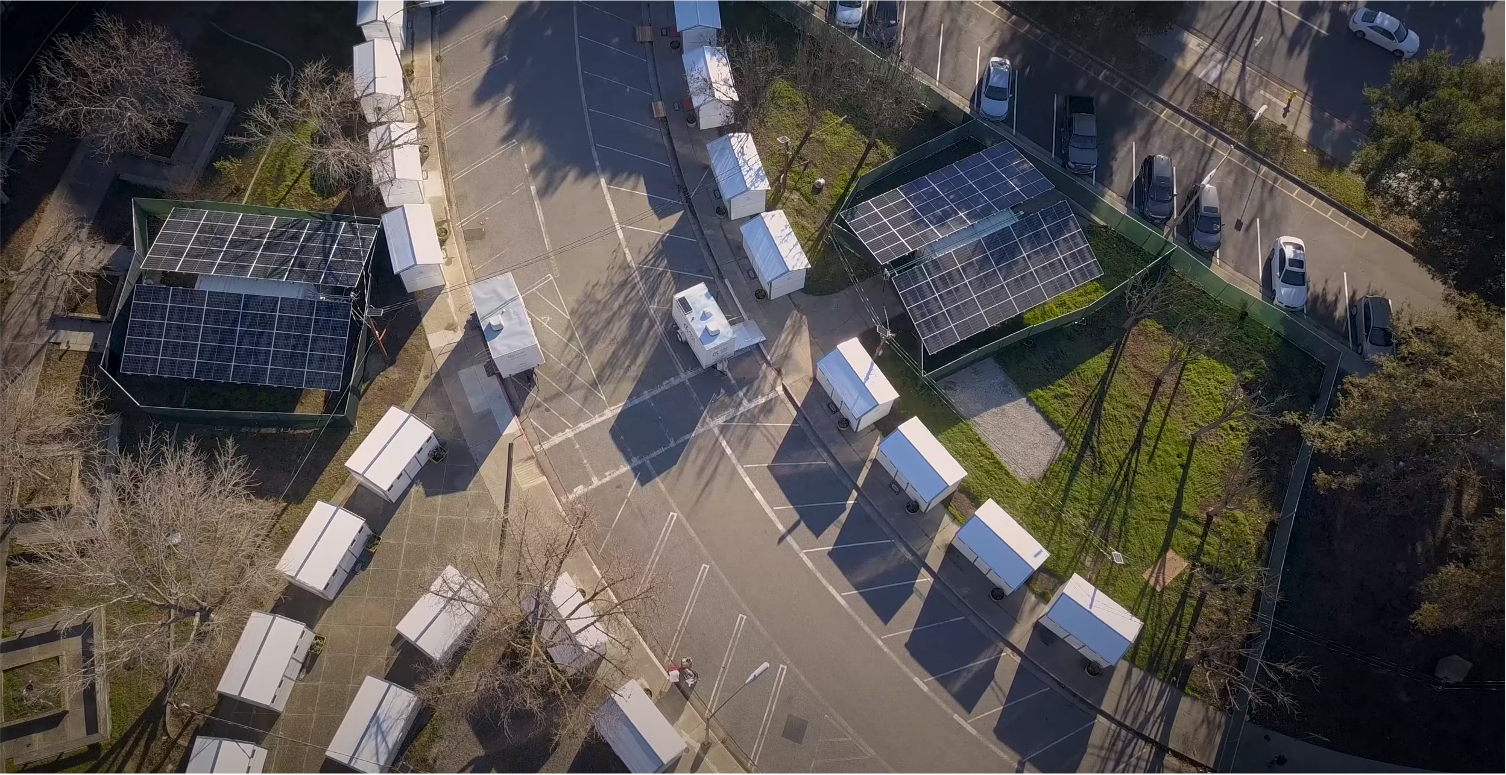Buckhill Capital invested in Pallet, a company building transitional shelter villages at the speed and scale required to address the humanitarian crisis of homelessness. Pallet shelter villages provide the dignity and security of private living units in a community along with on-site social services, food, showers and laundry.
“At Pallet, we envision a world where no one goes unsheltered,” said Amy King, CEO of Pallet. “Buckhill shares that vision, and we’re grateful to have them beside us as we expand access to shelter and meaningful employment for the marginalized in our communities.”
When Pallet set out to design a personal shelter for people experiencing homelessness, Pallet founder & CEO Amy King and her team asked people experiencing homelessness what they needed to improve their lives. Pallet’s shelter villages are more effective at transitioning people into permanent housing because many Pallet employees who build Pallet’s shelters have experienced homelessness, addiction, or the criminal system themselves.
“Pallet provides a bridge from homeless living to permanent housing,” said Henrik Jones of Buckhill Capital. “Amy King and the Pallet team have a significant backlog of orders because their shelters are easy and cost-effective for cities and municipalities to deploy.”
Pallet has two social purpose goals:
- End unsheltered homelessness: For the more than half a million people facing homelessness in America, Pallet’s shelter villages are a route out of personal crisis and into a life of greater stability.
- Develop a nontraditional workforce: Pallet hires and invests in people actively engaged in recovery and reintegration, and the majority of employees have personally experienced homelessness, addiction, or incarceration.
Buckhill invested in the Series A round with other investors, including Gratitude Railroad, DBL Ventures, Citi, Astia, Star Equity, Barton Ventures II, and Autodesk.

